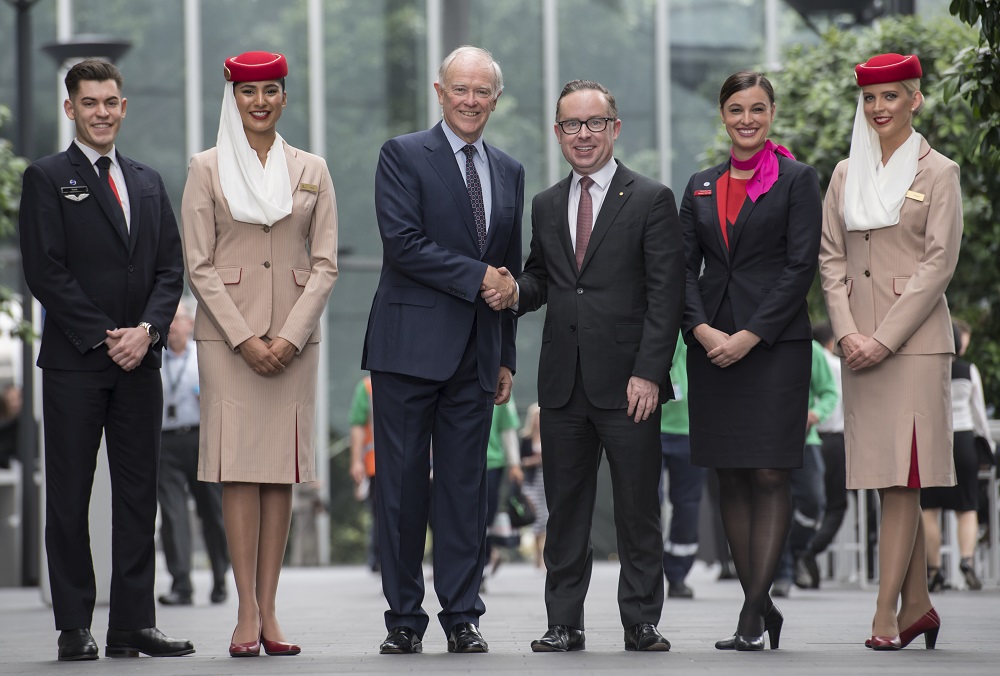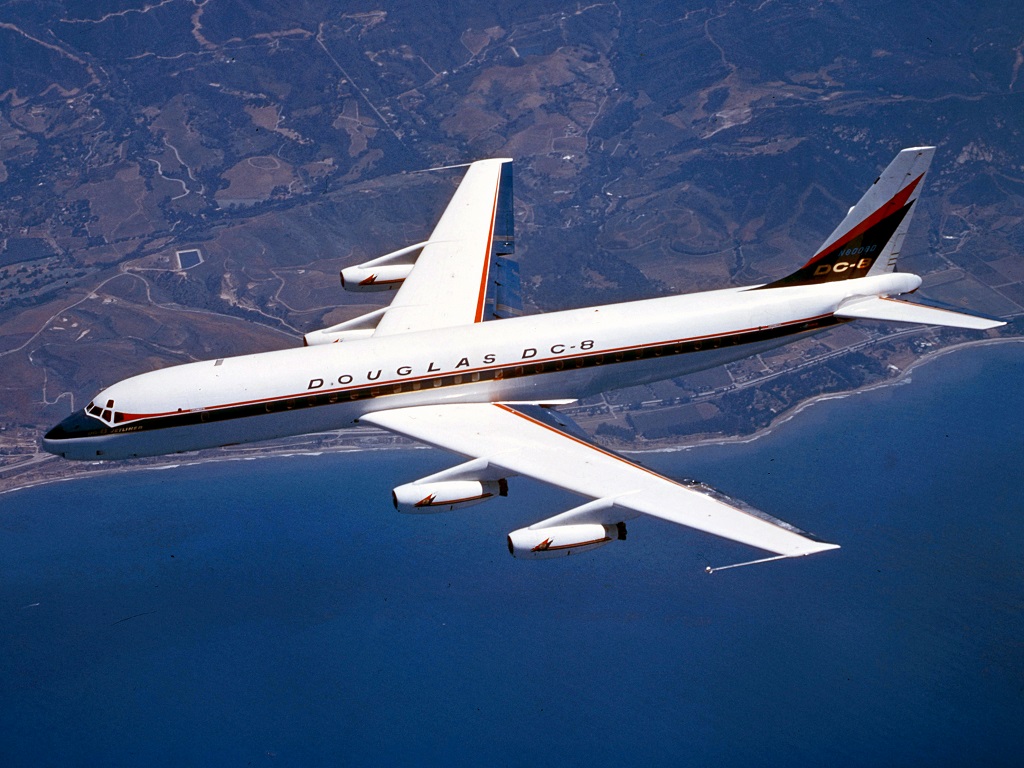Emirates, Qantas alliance to get approval for another five years.
15 February, 2018
4 min read
By joining our newsletter, you agree to our Privacy Policy


Emirates and Qantas are set to get their wide-ranging alliance re-authorized by Australia’s competition watchdog for another five years.
The Australian Competition and Consumer Commission said Friday it was proposing to re-authorize the deal covering the carriers’ air passenger and cargo operations because it believed it was likely to result in a range of public benefits.
But its draft determination imposed a condition on operations between Sydney and Christchurch to offset competitive concerns.
The deal was first approved in 2013 and saw Qantas abandon Singapore to use Dubai as the hub for its London operations.
It has since decided to reroute its London-bound A380 flights back through Singapore and to fly nonstop between Perth and London using its new Boeing 787-9s.
“Combining the networks of Qantas and Emirates provides customers with access to more flights and destinations under a single airline code and improves connectivity,” ACCC Commissioner Roger Featherston said in a statement
“Loyalty program members will also continue to benefit from the ability to earn and redeem points on both networks and use lounge access and other reciprocal benefits,” Featherston said.
“However, the ACCC is concerned that the alliance is likely to significantly impact competition on one route, Sydney to Christchurch; Qantas and Emirates are the two major operators on this route and their only competition is from the Virgin Australia and Air New Zealand alliance.”
The ACCC will require Qantas and Emirates to provide regular reports on seats and passengers flown, fares and route profitability.
The condition would also allow the ACCC to set a minimum level of capacity on the route if it believed the alliance was limiting the number of seats to push up air fares.
The competition watchdog previously had reporting and capacity conditions on four routes between Australia and New Zealand but Emirates has since stopped flying the Sydney-Auckland route and will withdraw services to Auckland from Brisbane and Melbourne next month.
Both airlines welcomed the news, with Emirates noting more than 8 million passengers had had benefitted from the alliance since 2013.
A Qantas spokesman said the first five years of the partnership had lived up to the promise of serving customers better and network changes over the next five years were designed to reinforce this.
“With three options to get to Europe, via Perth, Singapore and Dubai, and more frequencies between Australia and New Zealand, the partnership better reflects customer demand, leverages new aircraft technology and plays to each airline’s respective network strengths,'' the spokesman said.
Qantas is looking for new even longer-range planes that will allow it serve more destinations non-stop. Its Project Sunrise asks Boeing and Airbus to extend the range of their newest aircraft to allow to operate non-stop missions such as Sydney-London.
Emirates president Tim Clark told Fairfax Media during a recent visit to Australia that this could challenge his airline's relationship with the flying kangaroo but he was confident the carriers could maintain a "formidable" partnership.
The ACCC is seeking submissions on its draft determination by March 7.
In a separate decision, the ACCC said it would continue to allow Jetstar Asia, Jetstar Pacific and Jetstar Japan to co-ordinate services and act as single body in areas such as flight scheduling, sales and marketing, and pricing.
The Jetstar airlines also sought to coordinate with their shareholding airlines Qantas, Japan Airlines and Vietnam Airlines, on passenger and cargo services within Asia.
“The ACCC considers that continuing this coordination should lead to public benefits, such as better products and services, and more convenient flight times for consumers,” Featherston said.
“This conduct is likely to result in little, if any, lessening of competition. Our view is the joint venture airlines would be unlikely to compete directly with each other or their owners in the absence of the proposed coordination.”
The ACCC noted the re-authorization did not extend to allowing coordination between the owners of any of the joint venture airlines.
Get the latest news and updates straight to your inbox
No spam, no hassle, no fuss, just airline news direct to you.
By joining our newsletter, you agree to our Privacy Policy
Find us on social media
Comments
No comments yet, be the first to write one.

